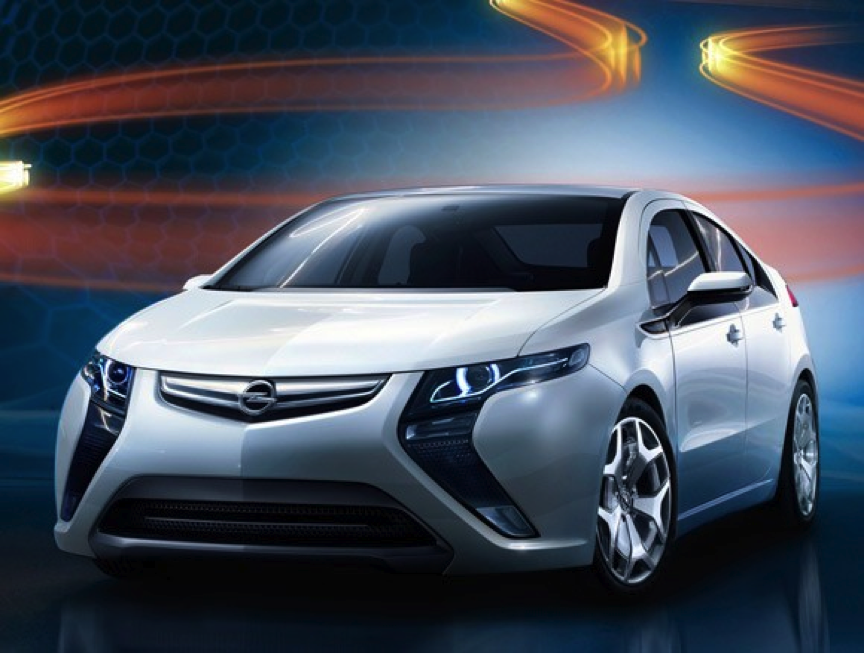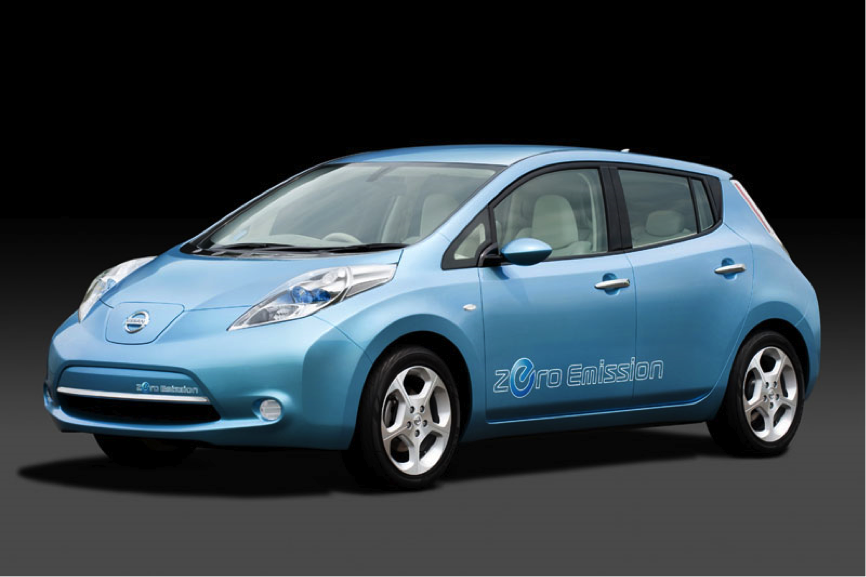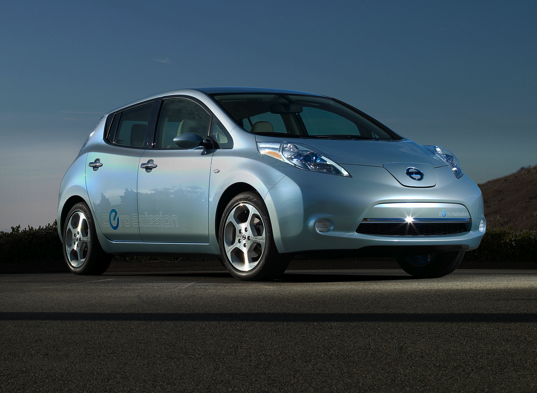Since 2008, we have been covering the electric vehicle market, and things have certainly changed since then. Back in the day, an electric vehicle startup, Tesla Motors, perked international interest with the Tesla Roadster. Then dozens of concepts, specialized automakers, and eletrofitters rolled in. I remember when it was only the little guys like ZAP, Think, Tesla, Zenn, etc. We’ve seen exotic supercars and concepts like the Eliica, Aptera, and Lightning GT, and low speed, neighborhood electric vehicles like the BG-100 and REVA. Some came to fruition, some did not. This international attention garnered the interested of the major automakers like Ford, GM, Nissan, and Mitsubishi. These majors not only created concepts, but have begun delivering electric vehicles in mass. Here are a few fully charged, highway capable 2012 models for the masses that you can order for delivery right now. In the US, these all qualify for a $7,500 federal tax credit.

The 2012 Ford Focus EV is one of my favorites because, from the outside, you can’t even tell that it is an EV. The Ford Focus EV is built on the same glider as the third generation ICE model. The EPA rated its range at 76 miles per charge and a fuel economy of 105 MPG equivalent. Production began in December 2011, in Wayne, Michigan.
I had a chance to drive the first model of the Mitsubishi i-MiEV at the 2010 New York Auto Show. I preferred it too the Mini-E, because it had more natural coasting and braking, and the battery was tucked under the carriage instead of being jammed in the back hatch area. On the Japanese test cycle, the vehicle has a 100 mile charge, but the EPA, the harsh critics they are, rated it at merely 62 miles. Over 20,000 of these little buggies have been sold worldwide. Prices vary widely regionally and so do tax incentives. In the Japanese market, the i-Miev is only $23,000 after subsidies, in Europe and the US it’s about $30,000, and $50,000 in Australia.

I have already spotted a few 2012 Nissan Leafs in the wild already. Although, I don’t know why so many people choose the seemingly trademark, “blue ocean” color. The EPA rated this hatchback at 73 miles-per-charge. After tax incentives in the US, the price is solidly below $30k at $27,000. Nissan is claiming an increase in range and a pretty significant decrease in price in the next model year.
We are all still wrapping our heads around a company from Palo Alto, California won the Motor Trend Car of the Year with the 2012 Tesla Model S. Not Detroit, Japan, or Germany, but essentially a company founded by a guy who made his first millions from PayPal. The award really means something though: that technology, innovation, and thinking outside the box in the automotive world can really evolve the industry in ways not possible through traditional thinking. Motor Trend states the $50,000 supercar (after US tax credits) “smoothly effortless as a Rolls-Royce, can carry almost as much stuff as a Chevy Equinox, and is more efficient than a Toyota Prius.” This simply was not possible before.




